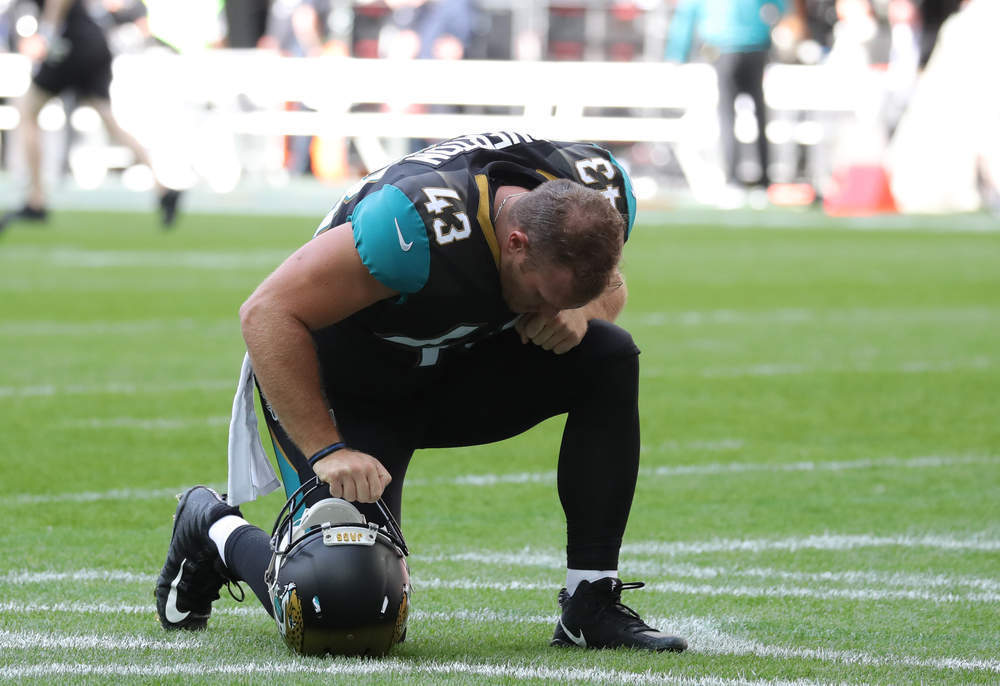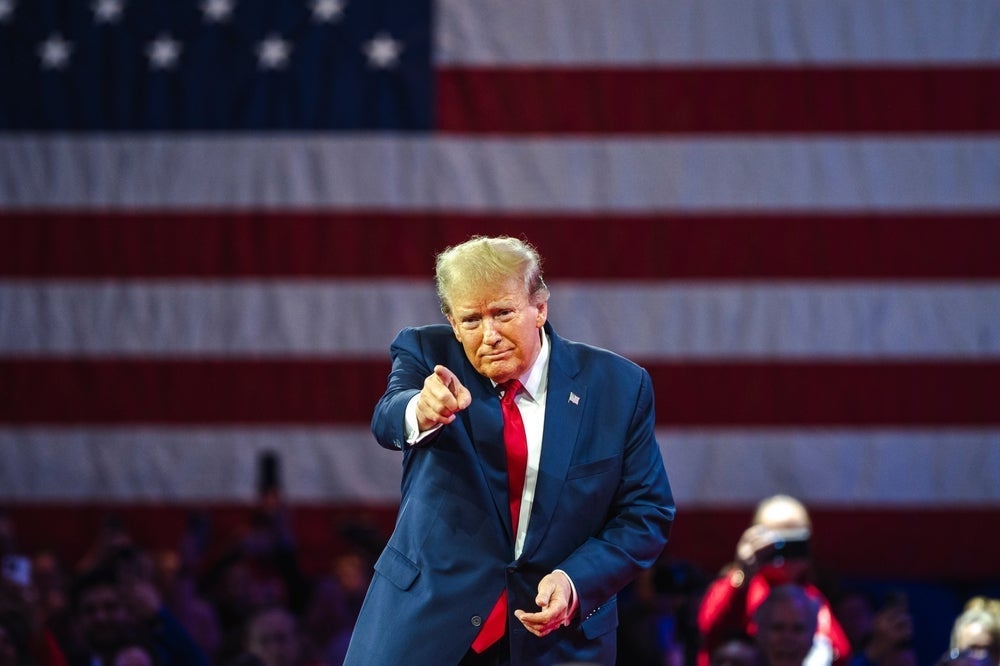
Over the last few weeks there have been a wave of protests across many major US sports.
Hundreds of players from the National Basketball Association, the National Football League and Major League Baseball linked arms or took a knee to protest injustice towards people of colour in the US.
This is not the first time sports stars have used their platform to raise awareness or protest social issues.
Protests in sport were common up until the 1980s, when salaries for sports stars began to soar, and athletes began to feel that perhaps there was too much at stake.
Here are some of the most memorable political protests in sport over the years.
Peter O’Connor — 1906
Despite the Olympic rule banning any “kind of demonstration or political, religious or racial propaganda”, the Olympics have been rife with political protests from right back to the early 20th century.
How well do you really know your competitors?
Access the most comprehensive Company Profiles on the market, powered by GlobalData. Save hours of research. Gain competitive edge.

Thank you!
Your download email will arrive shortly
Not ready to buy yet? Download a free sample
We are confident about the unique quality of our Company Profiles. However, we want you to make the most beneficial decision for your business, so we offer a free sample that you can download by submitting the below form
By GlobalDataIn the 1906 Second International Olympic Games held in Athens, Peter O’Connor and two Irish team mates attended the games registered with Great Britain, as they had not been permitted to compete on behalf of Ireland.
O’Connor took silver in the long jump and as he received his medal, the British flag, the Union Jack, was raised. O’Connor stood down from the podium, climbed up the flagpole and began to wave the green flag of Ireland — Erin go Bragh.
O’Connor competed in no more Olympic Games and two years later, when the Olympics came to London, many Irish athletes refused to compete in protest against British rule of Ireland.
Muhammed Ali — 1967
Born Cassius Clay, Muhammed Ali changed his name in 1964 and became a member of the Nation of Islam.
In April 1967 when Ali was conscripted to the US army, he refused on the basis of his religion and the inequality towards people of colour in the US.
Ali was quote saying:
Why should they ask me to put on a uniform and go 10,000 miles from home and drop bombs and bullets on brown people in Vietnam after so-called Negro people in Louisville are treated like dogs and denied simple human rights? If I thought the war was going to bring freedom and equality to 22 million of my people they wouldn’t have to draft me, I’d join tomorrow. But I either have to obey the laws of the land or the laws of Allah. I have nothing to lose by standing up for my beliefs. So I’ll go to jail. We’ve been in jail for four hundred years.
He was sentenced to five years in prison and released on bail.
He was stripped by boxing authorities of his championship title and they suspended his licence to box in New York State.
In June the same year, black athletes Jim Brown, Bill Russell, and Lew Alcindor held a press conference announcing their support of Ali’s refusal to join the army.
Ali returned to boxing in 1971 when the Supreme Court overturned his conviction after three years out of the ring.
Tommie Smith and John Carlos — 1968
US athletes Tommie Smith and John Carlos won gold and bronze respectively at the Mexico Olympics for the 200m sprint.
On approaching the podium, Smith and Carlos walked barefoot to raise awareness of poverty and wore beads and a scarf to protest lynching.
When the US national anthem — the Star Spangled Banner — began to play, the two men bowed their heads and raised black-gloved fists into the air.
Carlos remarked that he had hoped to “reflect the shame I felt that my country was travelling at a snail’s pace toward something that should be obvious to all people of good will.”
The crowd booed them, they were asked to leave the stadium, and suspended from the US Olympic team.
Vera Caslavska — 1968
During the same Mexico Olympics, Vera Caslavska stole the show for Czechoslovakia as she became their most decorated Olympic athlete ever, winning several gold medals.
However, she was an opponent of the country’s regime of the time and signed the so-called Two Thousand Words Manifesto, which demanded the removal of the Communist Party — Apparatchiks.
Soviet leader, Leonid Brezhnev was angered by the manifesto and ordered the invasion of Czechoslovakia to destroy the reforms.
Caslavska staged a silent protest at the games, by looking down when the Soviet Union National Anthem was played during her medal ceremony. Upon return she was persecuted and denied the right to work or travel until 1974.







